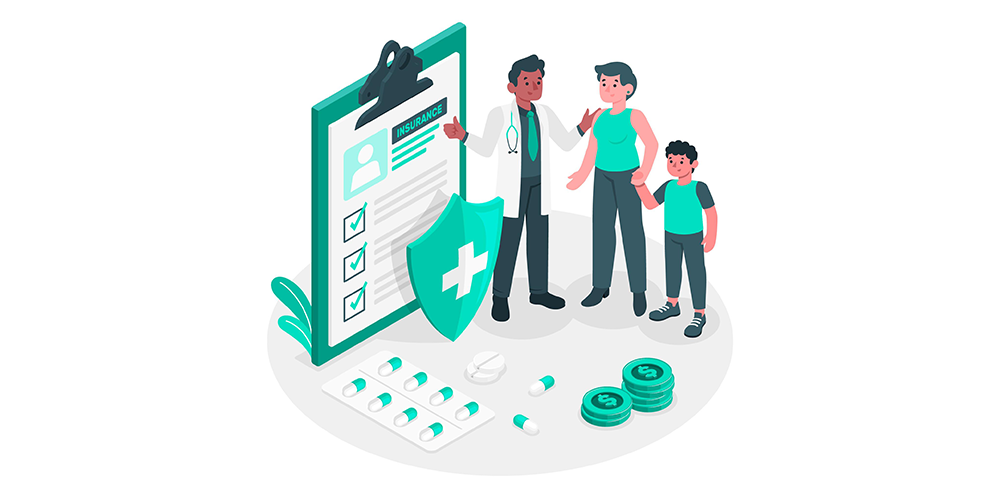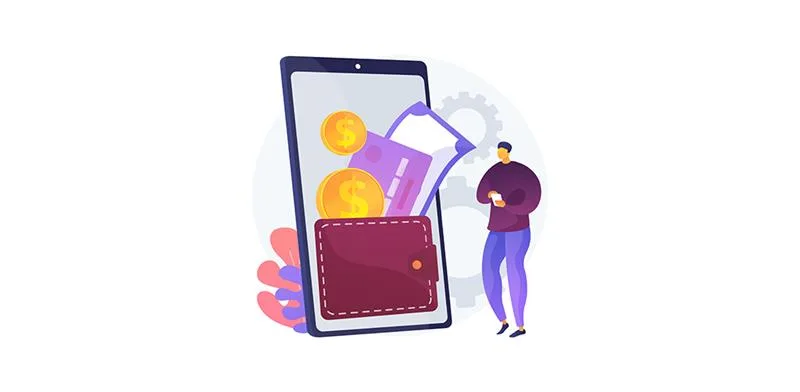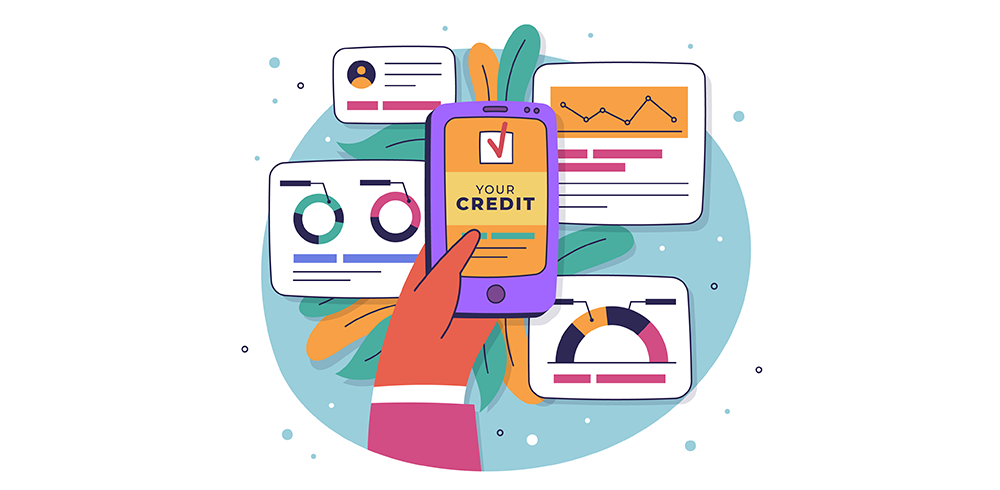Personal loans are an essential financial tool to help you get a quick influx of cash when you need it. But as with any loan, there are certain risks involved. With that in mind, there are several common personal loan scams you should be aware of. So, let’s discover personal loan scams in India and learn how to avoid them.
What are some common personal loan scams?
1. Payday Loan Scam
A payday loan scam is when someone pretends to be a loan collector and asks you to pay an outstanding balance on a payday loan. The scammer phones you saying you took out a high-interest loan that you must pay back at the end of a short period, such as one week. This scammer will instruct you to make an online payment to a specific individual or business with a fake story.
2. Graduation Loan Scam
The graduation loan scam is also known as the fake scholarship scam and it usually starts with a fake scholarship offer, usually based on your high school or university grades. As well as promising a high-interest personal loan, the scammer usually asks you to send a small upfront fee or pay a “finance charge” for the loan. Often, the scammer targets students by offering a fake scholarship that is, in reality, a loan. If you receive a phone call or email offering a scholarship, it’s important to remember that you haven’t won a scholarship.
3. Investment Scam
A common investment scam is a fake profitability loan scam. In this, the scammer promises a high return on your investment and asks you to pay a fee to receive the personal loan. If you receive an email or phone call about an investment opportunity, check the details carefully and make sure it’s an investment you’d be happy to participate in. Investment scams are common online too. To avoid these scams, only invest what you can afford to lose and make sure the investment is legitimate.
4. Nigerian Letter Scam
A Nigerian Letter scam, also known as the advance fee scam, is when someone contacts you and claims to be a wealthy foreign businessman who needs to send you money in exchange for a large number of luxury goods, such as a car, yacht, or house. This scammer will ask you to send the money via a wire transfer, money transfer service, or prepaid credit card. They intend to use this money in illegal matters.
5. Revolving Credit Company Scam
A revolving credit company scam usually involves a fake website that promises to give you a revolving credit loan based on your credit score. The website will usually look trustworthy, but it’s a scam. The website will promise to give you a personal loan based on your credit score or personal information such as your name, address, and date of birth.
6. Final Review Scam
A final review scam promises a free or discounted loan and loan cost that is, in reality, just a fee. This scam usually happens when you apply for a personal loan and the loan officer asks you to sign a final loan agreement. The scammer will tell you that he or she needs to collect some more money or fees before they can sign the agreement. If you sign any loan agreements based on these terms, you’ll end up paying a high fee or losing money. Also, if the loan is approved, the scammer will take your money and disappear.
How to Identify Personal Loan Scams
No credit check required
If someone says you can get a loan without them checking your credit history, it might not be legitimate. Keep in mind that real lenders or legal institutions always want to know if you can pay them back.
Asking for an advance fee
If they ask you to pay fees before giving you the loan, it’s time to become cautious. Legitimate lenders usually take fees out of the loan amount, not before they lend you money.
The lender doesn’t have a physical address
Check if the lender has a real office you can visit. If they are scammers, they would not have a proper place of business.
Odd means of communication
If the lender only contacts you by email or is not talking on the phone, it could be a sign of trouble. The right lenders are usually easy to reach by phone or in person.
No disclosure of charges and costs
Make sure to always read the fine print when taking out a loan. Scammers may hide fees or high interest rates and would often disclose after you have signed up.
Limited-time offers or urgent applications
If someone puts pressure on you to decide quickly, be careful. Legitimate loans would always give you time to think things over.
The lender is not licensed in your state
Make sure the lender is allowed to give loans where you live. Scammers often operate illegally.
Fishy emails and websites
Look out for websites with mistakes or emails that seem strange. It is because you would always find real lenders with professional-looking websites and clear communications.
How to avoid personal loan scams
Be wary of anyone who wants to take out a loan in your name. If you’re interested in taking out a personal loan, talk with your bank about what kind of loans you can get before making any decisions.
Another way to protect yourself from online personal loan scams is to only use reputable lenders like banks and credit unions when taking out a personal loan. By doing this, you can avoid paying high interest rates and unnecessary fees when taking out a personal loan. Also, check the terms of the loan and make sure there are no hidden fees or costs.
Also Read: 10 Tips to Protect Yourself From Loan Fraud
Who is most at risk for Personal Loan Scams?
Well, People who have bad credit or those who urgently need money are often targeted by scammers. They promise quick loans or easy approval to take advantage of people who are in tough financial situations. Hence, it is important for everyone looking for a loan to be extra careful. Make sure to check the lender’s credentials and understand all the terms and conditions before agreeing to anything.
CASHe is a leading online loan app offering instant personal loans, BNPL, and instant Pre-Approved CASHe Limits. Download the loan app today!










